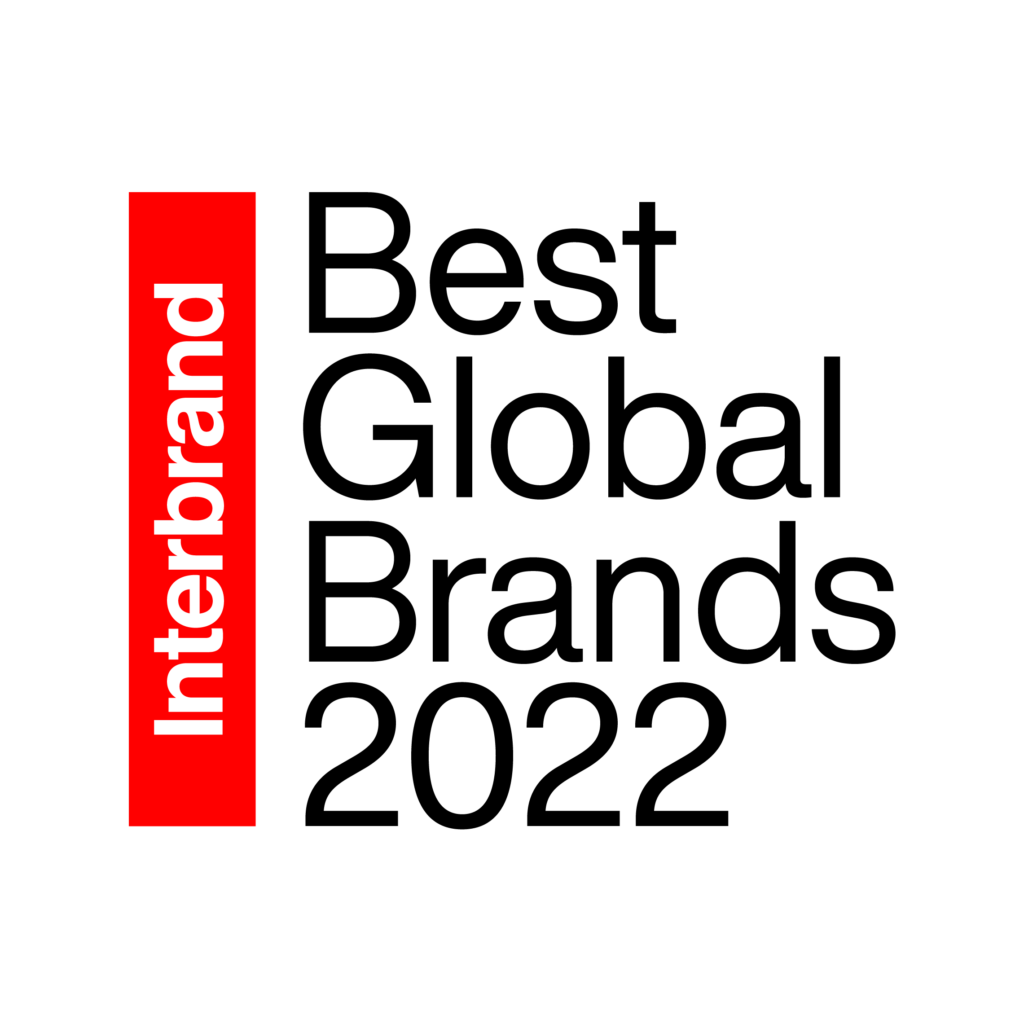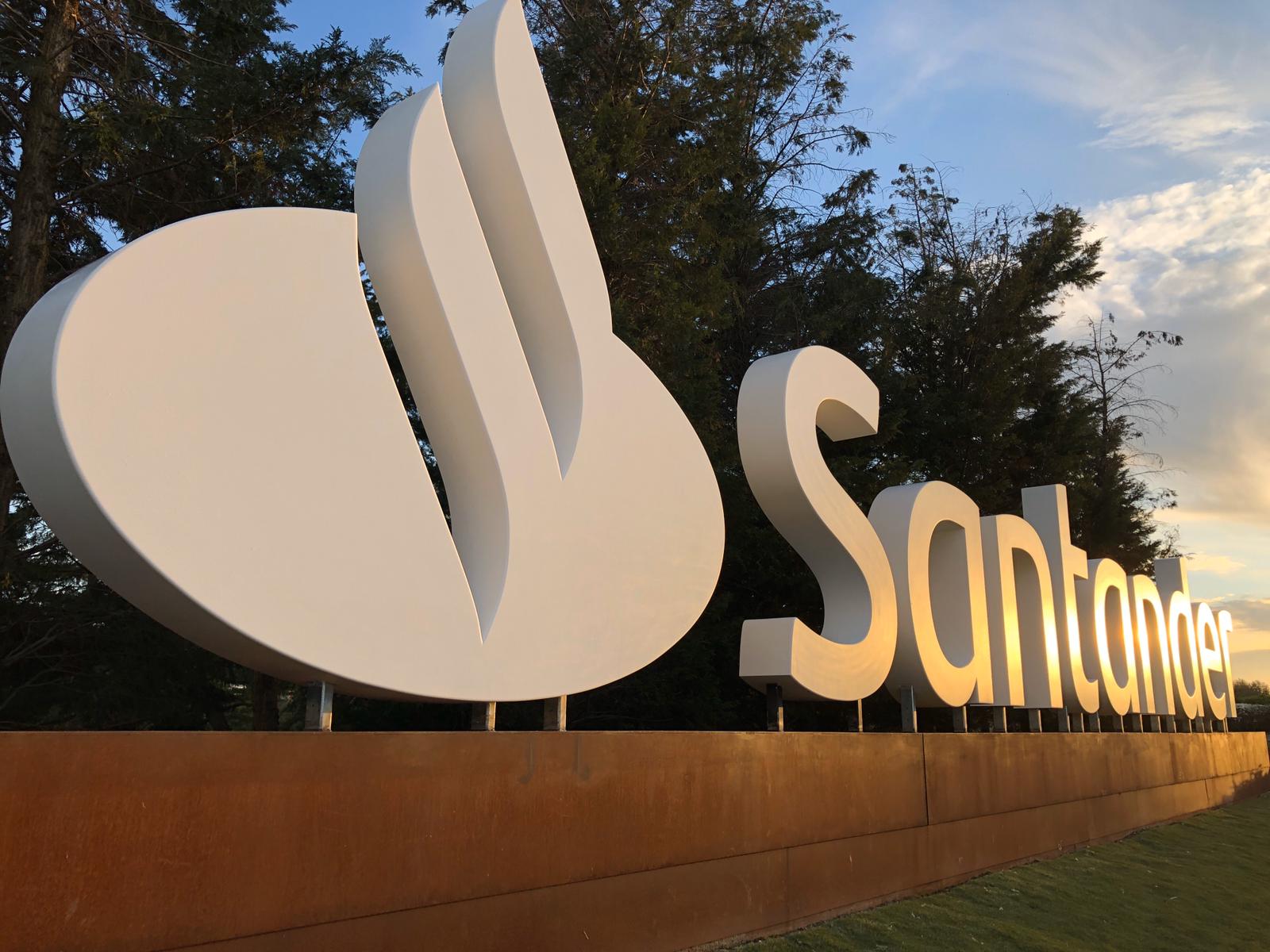
“New players are constantly appearing”: how Santander remains relevant in the face of change

Five Questions with Juan Manuel Cendoya, Global Head of Communications, Corporate Marketing and Research at Banco Santander
We believe there is a shift from organization-led brands to brand-led organizations (e.g. Disney, Amazon, Apple) where the business is the commercial manifestation of a powerful brand. Do you recognize this shift? What are the challenges and opportunities in it?
I completely share your views about the rise of companies that are clearly brand-driven and very marketing-oriented in their management. And I think it makes sense given the increased focus on customers and all the information that data enables companies to have of them. The great challenge these companies face is precisely ensuring coherence and alignment between brand and experience and between expectations and delivery. And remaining consistent over time. Santander is definitely on this path, although we still have a long way to go…

Our Best Global Brands data suggests that brands who not only provide superb experiences but also take a leading stance on social issues are more relevant to consumers. How are you approaching this in your organization?
People prefer to engage with brands that share similar values, beliefs and vision of the world. And studies confirm that there is a social demand for companies to take a stand and contribute to solving major global issues, such as climate change or those related to equality and diversity, for example. It is impossible for a large organization to ignore this social demand. We saw this clearly for example during the COVID lockdown. Santander launched a number of initiatives to support customers, employees and communities to withstand the huge impact of the pandemic and this ultimately resulted in an improvement in the company’s reputation. Using social media to position a company’s voice regarding issues that are relevant to society as a whole, such as climate change or gender equality, is also well regarded.

Studies confirm that there is a social demand for companies to take a stand and contribute to solving major global issues, such as climate change or those related to equality and diversity, for example.
Why, in a recession, should a business continue to invest in their brand? How do you think the investment in brand and marketing, will evolve or change over the next 12 – 18 months?
Time after time, we’ve seen that companies that increase or at least maintain their marketing investments in times of crisis emerge stronger from these crises and increase the gap with competitors who cut them down. It is easy to get carried away, for example, by the temptation to turn the marketing budget directly into sales, allocating to performance. However, studies also show that the combination of investment in branding and performance works better in the medium and long term. Having said all this, I think it is right to expect companies make some adjustments to their budgets to try to at least cushion the impact of inflation and avoid as far as possible transferring price increases to their customers.

How has your competition evolved over the past 24 months? Where are you seeing or experiencing the greatest threats? What are the biggest opportunities? Are you seeing new or surprising competitors entering the space?
Our industry is also in the midst of a huge transformation around the world. In recent years, new players have emerged and introduced significant disruptions in the banking business challenging our traditional models and pushing the sector to adapt and evolve. In a rapidly changing context, new players are constantly appearing. That is excellent news for customers. Competition enhances the quality of products and services that customers receive. There is however one important issue: we all need a level playing field so that all players conducting the same activity are subject to identical regulations.
Competition enhances the quality of products and services that customers receive.

We have come to recognize brands as being powerful acts of leadership. In what ways do your brand’s moves reflect you/your organization’s belief system?
Santander’s purpose is to help people and businesses prosper and to do so in a responsible, ethical and sustainable way. This vision is embedded in everything we do: our recruitment processes; employee compensation schemes; new product design; green finance initiatives; or our unique support to universities to name a few examples.